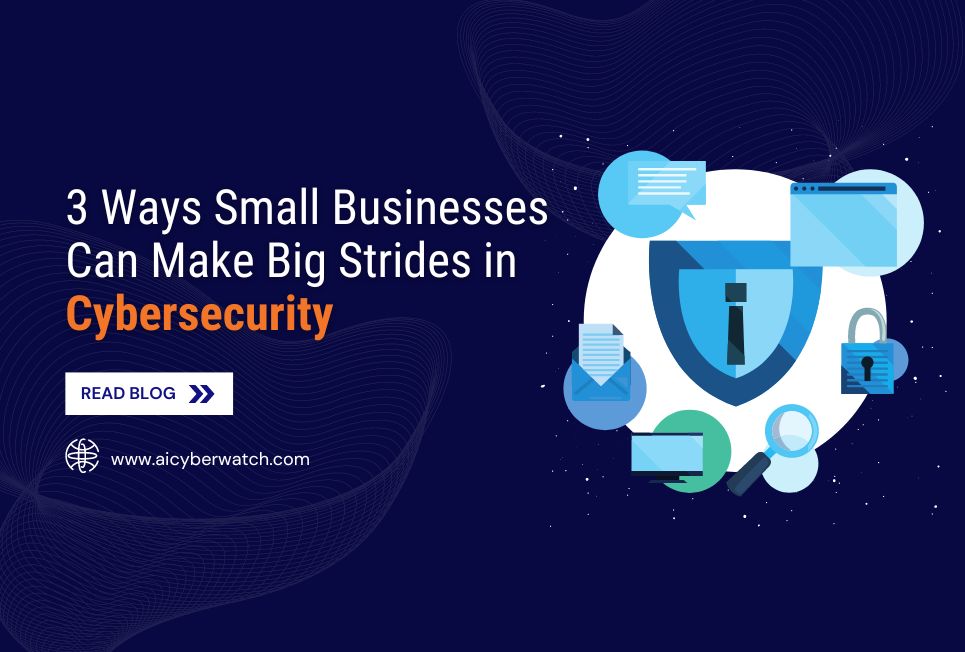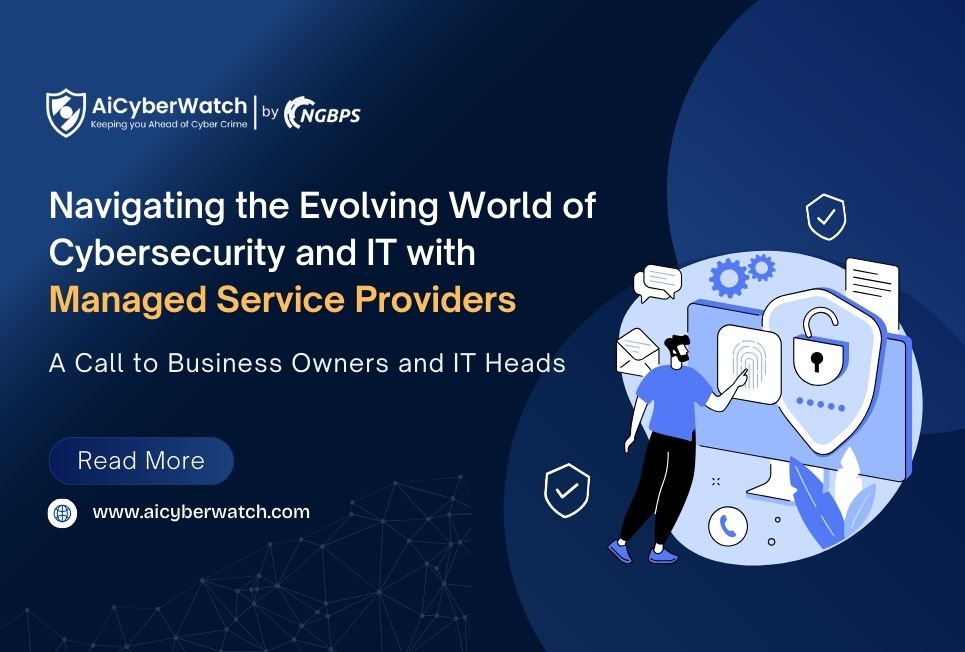In today’s digital age, cybersecurity is not just a concern for large corporations; small businesses are equally at risk. In fact, cybercriminals often target small businesses because they are perceived as easier targets due to their lack of robust security measures. However, with the right strategies, even small businesses can make significant strides in protecting their digital assets. Here are three effective ways small businesses can enhance their cybersecurity posture.
Implement Robust Endpoint Security Solutions
Endpoint security is crucial for protecting the various devices connected to your network. From computers and mobile devices to servers and workstations, every endpoint is a potential entry point for cyber threats. Implementing comprehensive endpoint security solutions can significantly reduce the risk of malware, ransomware, and other cyber-attacks.
Steps to Implement Robust Endpoint Security:
Choose the Right EDR solution: Invest in a reputable endpoint security solution that offers features such as next-gen antivirus, anti-malware, and firewall protection. Ensure the solution can detect and mitigate advanced threats.
Regular Updates and Patching: Ensure all software and systems are regularly updated with the latest security patches. Cybercriminals often exploit vulnerabilities in outdated software.
Educate Employees: Train your employees on best practices for endpoint security. This includes recognizing phishing attempts, avoiding suspicious downloads, and using strong, unique passwords.
By partnering with a trusted cyber security company in India, small businesses can not only access advanced endpoint security solutions tailored to their specific needs but also subscribe to phishing simulation services that help educate their workforce. These companies offer expertise and resources that may not be available in-house, providing an added layer of protection.
Leverage Managed SOC Services
A Security Operations Center (SOC) is a centralized unit that deals with security issues on an organizational and technical level. For small businesses, setting up and maintaining an in-house SOC can be cost-prohibitive. This is where managed SOC services come into play. Managed SOC services provide 24/7 monitoring and response to security incidents, ensuring that threats are identified and mitigated promptly.
Benefits of Managed SOC Services:
Continuous Monitoring: Managed SOC services provide round-the-clock monitoring of your IT infrastructure. This continuous vigilance helps detect and respond to threats in real-time, minimizing potential damage.
Expertise and Experience: Managed SOC providers employ cybersecurity experts with extensive experience in threat detection and incident response. This expertise ensures that your business is protected against the latest cyber threats.
Cost-Effective: By outsourcing your SOC needs, you can save on the costs associated with hiring, training, and maintaining an in-house security team. Managed SOC services offer a scalable solution that can grow with your business.
Small businesses can benefit significantly from SOC services, as these services provide access to advanced security measures without the need for significant upfront investment. By leveraging managed SOC services, small businesses can achieve a high level of security that is typically available only to larger organizations.
Develop and Enforce a Comprehensive Cybersecurity Policy
Creating a comprehensive cybersecurity policy is essential for establishing a culture of security within your organization. This policy should outline the procedures and protocols for protecting your digital assets and the responsibilities of employees in maintaining cybersecurity.
Key Components of a Cybersecurity Policy:
Access Control: Define who has access to what data and systems within your organization. Implement role-based access control to ensure that employees only have access to the information necessary for their job functions. A NAC driven ZTNA solution would be ideal, however you could start with MFA (Multifactor Authentication) as the first step and then evaluate an IAM solution.
Data Protection: Establish protocols for data encryption, both in transit and at rest. Ensure that sensitive data is adequately protected against unauthorized access.
Incident Response Plan: Develop a clear plan for responding to cybersecurity incidents. This plan should include steps for identifying, containing, and mitigating an incident’s impact and procedures for communicating with stakeholders.
Employee Training: Regularly train employees on the cybersecurity policy and update them on the latest threats and best practices. Employees should understand their role in protecting the organization’s digital assets. Subscribe to a phishing simulation service.
By developing and enforcing a robust cybersecurity policy, small businesses can create a proactive approach to cybersecurity. This policy serves as a foundation for all security efforts and ensures that everyone in the organization is aligned with the company’s security goals.
Conclusion
Cybersecurity is a critical concern for small businesses, but it doesn’t have to be an overwhelming challenge. By implementing robust endpoint security solutions, leveraging managed SOC services, and developing a comprehensive cybersecurity policy, small businesses can make significant strides in protecting their digital assets. Partnering with a reputable cyber security company in India can further enhance your security posture, providing access to advanced solutions and expertise. Taking these steps will not only safeguard your business but also build trust with your customers, ensuring long-term success in the digital age.
By focusing on these three areas, small businesses can significantly enhance their cybersecurity measures, making them more resilient against cyber threats. Remember, cybersecurity is an ongoing process that requires continuous attention and improvement. Stay vigilant, stay informed, and stay protected.







 Call Us
Call Us